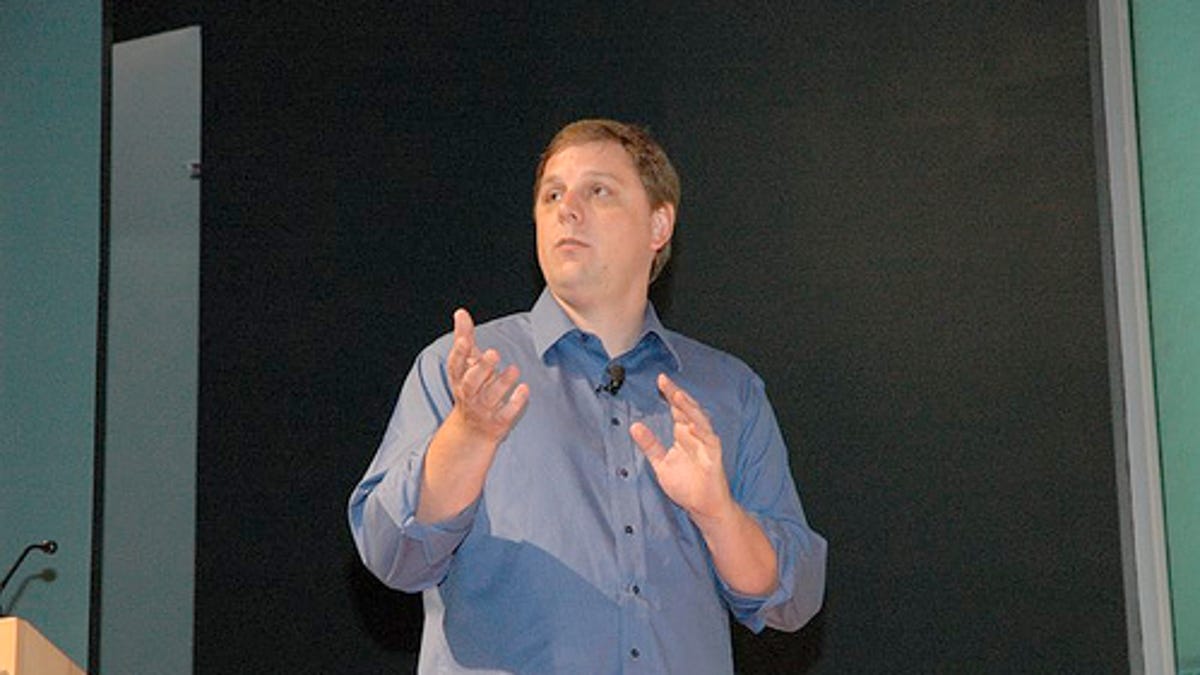Cat fight! Arrington calls attention to Demo-related plagiarism claim
A kerfuffle erupts over claims and disavowals of claims related to an article on suggestions for start-ups presenting at TechCrunch 50.

In a move guaranteed to stoke the fire of confrontation between the upcoming TechCrunch 50 and DemoFall conferences, TechCrunch founder Michael Arrington has decided to publicly air a bit of dirty laundry involving some plagiarism charges against his conference partner, Jason Calacanis.
On Saturday, Arrington posted Calacanis' suggestions for how start-up companies presenting at TechCrunch 50 can best present themselves and their products or services.
But on Sunday, after a blogger named Alexander Muse republished Calacanis' e-mail on his own site, Muse got an e-mail from a former Demo PR woman named Deb McAlister, alleging that much of what Calacanis had written had been plagiarized from an old Demo document giving suggestions to companies that participated in that conference.
"This 'advice' on demos is almost a verbatim lift from a piece I wrote over 10 years ago," McAlister seems to have written Muse. "Our original tips were in a slightly different order (the first tip was the same, we put the taboo about PowerPoint in at #2, etc.), but we covered EVERY one of these points in the written piece (which was on the DEMO web site for three years), in our coaching sessions for DEMO demonstrators, and in articles published in a range of magazines. Of the 2,200 or so words you included in your blog, 1,893 were DIRECTLY lifted from our piece."
Now, Demo Director Chris Shipley quickly posted a comment on Muse's blog saying that McAlister hasn't been connected with Demo for 12 years and that, "Her comment here represents her own opinion and claims, not that of DEMO."
But Arrington seems to have found a way to see past Shipley's disavowal of McAlister's plagiarism claim and to raise a ruckus about the situation. He followed Shipley's comment on Muse's blog with his own post calling attention to the situation and pointing an outraged finger at Demo. And then, in the comments section of his post, after Shipley's disavowal was pointed out, added, "The accusations were made in Demo's name, from a former partner of the event. At the very least, release the document in question."
To be sure, it would be interesting to see the original document, and to compare it to Calacanis'.
For his part, Calacanis wrote his own comment on Muse's blog, stressing his innocence: "Yes, let's see a side-by-side comparison ASAP! I'm a life-long journalist...and everything I write is 100 percent from my brain or attributed. This piece I wrote while doing 200 or so interview(s) for the TechCrunch50 event."
So far, I've been unable to track down McAlister to get a copy of the original article. And I would like to see it, so if you happen to have one, please send it my way.
But regardless, her lack of association for 12 years with Demo, and Shipley's post stating McAlister wasn't speaking for Demo should have nipped this whole situation in the bud, long before Arrington got up in arms about it.
On the other hand, by making a stink about it, Arrington gets to put TechCrunch 50 in the role of victim and, at the same time, gets to generate a lot of publicity for his event, including this article and others which are surely being written about this situation.
Of course, Demo gets its own share of free publicity, as well.
It makes me wonder if the two sides didn't get together recently and cook this up among themselves as a way to get people to pay attention to them.
Then again, Arrington's famous comment to me earlier this year that "Demo needs to die" makes me question whether he'd ever cooperate with Shipley on anything.

